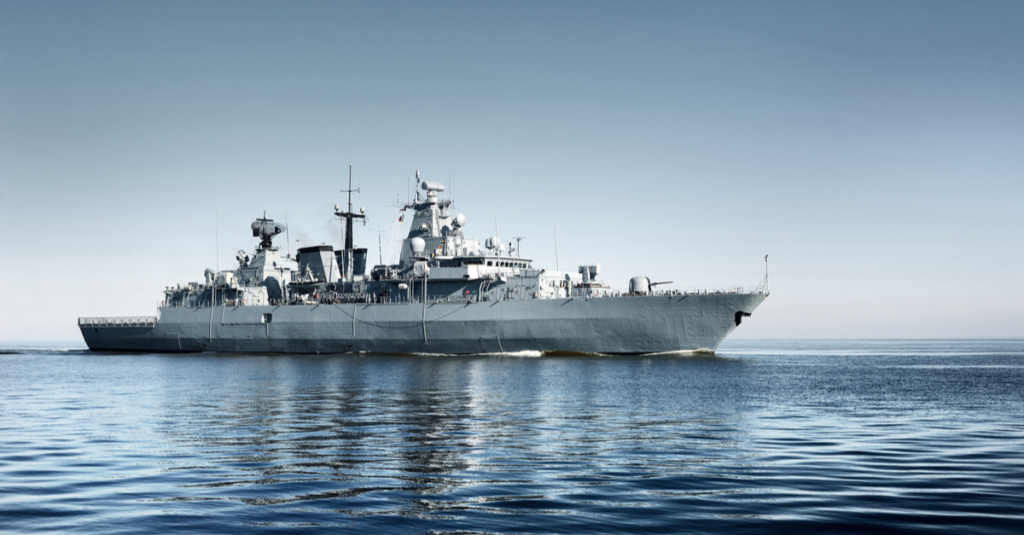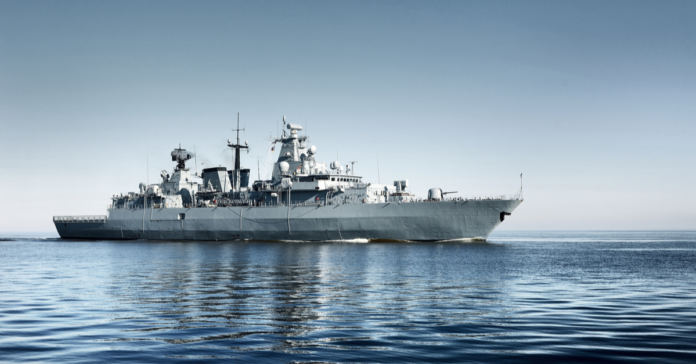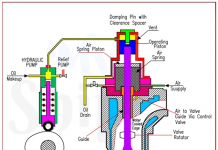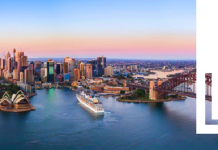
IMO was formed to accept regulations & Governments are accountable for enforcing them. When a Government accepts an IMO Convention it agrees to make it part of its own national law and to enforce it just like any other law. The problem is that some countries lack the capabilities, experience & resources required to do this correctly.
There is a statistical proof, when investigating the fatality rates or the port State control(PSC) confinement of the ships concerning with their respective flags, that a notable difference exists between the performances of States with a considerable & organized maritime safety authorities, manned with experienced ship surveyors, & other ones that are not in a position to properly fulfil the different tasks & responsibilities of the flag State in relation with the safety certification of ships.
IMO is concerned about this problem and in 1992 set up a special Sub-Committee on Flag State Implementation (FSI) to improve the performance of Governments. The FSI Sub-Committee was renamed the Sub-Committee on Implementation of IMO Instruments (III) in 2013.
The 3 Sub Committee works under the following terms:
- Under the direct order of the Maritime Safety Committee(MSC) & the Marine Environment Protection Committee(MEPC), the Sub-Committee on application of the IMO Instruments (III), in conveying the implicit & consistent global application & imposition of the IMO instruments regarding maritime safety & security & the protection of the marine environment, will survey technical & operational matters associated to the following subjects, including the development of any important amendments to applicable conventions & other obligatory & non-obligatory instruments, as well as the preparation of new obligatory and non-obligatory instruments, suggestions & instruction, for analysis by the Committees, as suitable:
- Complete review of the rights & responsibilities of the States emerging from the IMO treaty instruments;
- Evaluation, observation & review of the current level of application of the IMO instruments by States in their capacity as flag, port & coastal States & countries training & certifying officers & crews, with a view to recognize areas where States may have troubles in fully enforcing them;
- Finding the reasons for the troubles in enforcing provisions of applicable IMO instruments, considering any important data collected through, inter alia, the evaluation of performance, the inspection of marine fatalities & accidents & the port State control data, while paying specific attention to the recognized trouble faced by the developing countries;
- Examination of proposals to ensure States in application & following with the IMO instruments by the development of suitable obligatory & non-& instruments, suggestions & instruction for the consideration by the Committees, as suitable;
- Examination of inspection reports into marine fatalities & accidents & maintaining an efficient & complete knowledge based method to support the identification of trends & the IMO rule making process;
- Analysis of the IMO standards on maritime safety & security & the safeguarding of the marine environment, to keep an updated & harmonized guidance on survey & certification related conditions; &
- Promotion of global harmonization of the PSC activities.
2. The conventions and other mandatory instruments (as may be amended from time to time) referred to above include, but are not limited to:
- The 1974 SOLAS Convention & the 1978 and 1988 Protocols relating thereto;
- MARPOL, BWM & AFS Conventions & other related environmental instruments, as suitable;
- International Safety Management (ISM) Code;
- Code for recognized organizations (RO Code);
- IMO Instruments Implementation Code (III Code); and
- Casualty Investigation Code, 2008.
3. The non-obligatory instruments referred to in paragraph 1, which the Sub-Committee may be called upon to review, include, but are not limited to:
- HSSC Guidelines;
- Procedures for Port State Control; and
- Fair treatment of the seafarers, non-convention ship-related matter, etc.
4. Any other relevant technical and operational issues referred to it by the Committees or other technical bodies of the Organization.




